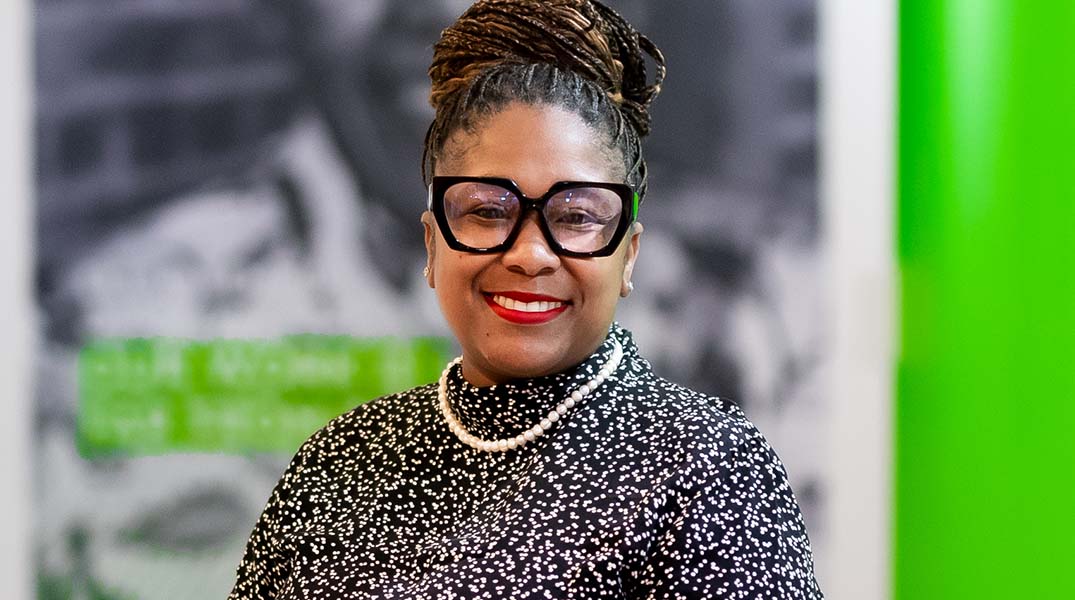Africa is often described as a great melting pot – and with good reason. This vast continent holds a rich tapestry of cultures, languages, and ethnicities.
By Lizelle Strydom, MD of CareerBox Africa
However, across the continent historical, political, and economic factors have favoured certain groups disproportionately, leaving others marginalised based on ethnicity, gender, disability, or geographical location. This imbalance requires intentional steps to address entrenched inequalities and create a more equitable environment for all Africans.
Diversity, Equity and Inclusion (DEI) initiatives are a highly emotive topic, with varying perspectives and opinions surrounding their implementation. However, in the African context, the conversation is centred on historical circumstances and the fundamental dynamics of inclusion, which often require empowering the broader majority rather than focusing on minority groups.
Africa’s history has a critical bearing on DEI initiatives
The first point of departure for an Africa-focused conversation about DEI initiatives is addressing historical disparities. Many African countries are still overcoming the imbalances wrought by the legacy of colonialism, while others, such as South Africa, aim to redress injustices stemming from discriminatory policies such as apartheid.
And, despite the inherent diversity of many populations on the continent, redressing systemic imbalances often necessitates focusing on empowering the majority population and ensuring equitable access to opportunities across the broader society.
DEI principles must adapt to this context, ensuring support for the majority population which has often borne the brunt of systemic inequality, while creating inclusive workplaces and communities where a panoply of people can thrive.
The services sector benefits from inclusive initiatives
In many African countries, sustainable job creation remains a significant challenge for driving economic growth and ensuring equitable access to employment. Low- and middle-income countries face challenges in creating sustainable jobs to drive economic growth.
A recent report by McKinsey noted that while the focus often rests on manufacturing, services can and should play a greater role in driving economic growth. Job creation in the services sector is particularly impactful, as services have become a global driver of economic growth, surpassing trade in goods in terms of value-added activities.
Providing skilled and inclusive employment opportunities in this sector can empower the wider local population, addressing long-standing disparities.
Impact sourcing as a model plays an invaluable role by focusing on individuals from economically and historically disadvantaged backgrounds, empowering the broader majority population. This approach contributes to breaking cycles of poverty by enabling individuals to support their families and invest in their communities.
Gender rebalancing in the workplace and broader inclusion initiatives further ensure alignment with sustainable development goals, promoting systemic empowerment rather than exclusivity.
Impact sourcing also increases the resilience of local economies by fostering inclusive growth, enabling the majority population to access opportunities previously restricted to smaller, advantaged groups. This ripple effect drives community progress, improving access to education, healthcare, financial inclusion and overall stability.
Diversity has its own value for companies
DEI initiatives contribute significantly to organisational success. Research has shown that companies with diverse workforces are more likely to outperform their peers in terms of profitability and productivity.
In Africa, where businesses must navigate complex and varied markets, the ability to draw on diverse perspectives and nuanced cultural understanding is a critical competitive advantage. Diverse teams foster creativity and innovation.
Organisations that embrace inclusive employment models, such as impact sourcing, benefit from low attrition rates, improved employee engagement, and cost-effective talent acquisition. Employees recruited through impact sourcing initiatives tend to be highly motivated and loyal, reducing hiring and training costs over time.
By drawing on diversity within the majority population, companies can benefit from myriad perspectives, driving better business outcomes while preparing for future challenges.
Creating welcoming environments for all
The essence of inclusion lies in creating environments where everyone feels valued. In Africa, this often means empowering the majority population through equitable policies and practices, addressing long-standing disparities that affect broader society rather than focusing narrowly on minority groups.
Appropriately implemented DEI initiatives build trust, cooperation, and social cohesion, addressing systemic inequalities and fostering environments where individuals from diverse backgrounds feel a sense of belonging.
By promoting inclusive decision-making and equitable access for the larger population, DEI policies can drive substantial change across communities and organisations. This is particularly important in regions with a history of conflict or tension between different ethnic or social groups.
Inclusive policies can help to mitigate these tensions and foster a sense of belonging and mutual respect.
Shaping Africa’s future through empowerment
Africa’s unique historical context necessitates nuanced approaches to DEI initiatives. Empowering the majority population ensures that systemic inequalities are addressed, fostering sustainable growth and prosperity. Impact sourcing models and inclusive policies provide a pathway for creating equitable opportunities, building stronger communities, and driving economic growth that benefits all.
Africa’s diversity is a strength, but ensuring equity and inclusion requires empowering those who have been historically underserved. By focusing on the larger population and embracing a vision for DEI initiatives that increase inclusivity and opportunities rather than exclude certain groups, we can contribute to a more cohesive and prosperous future for the continent.

